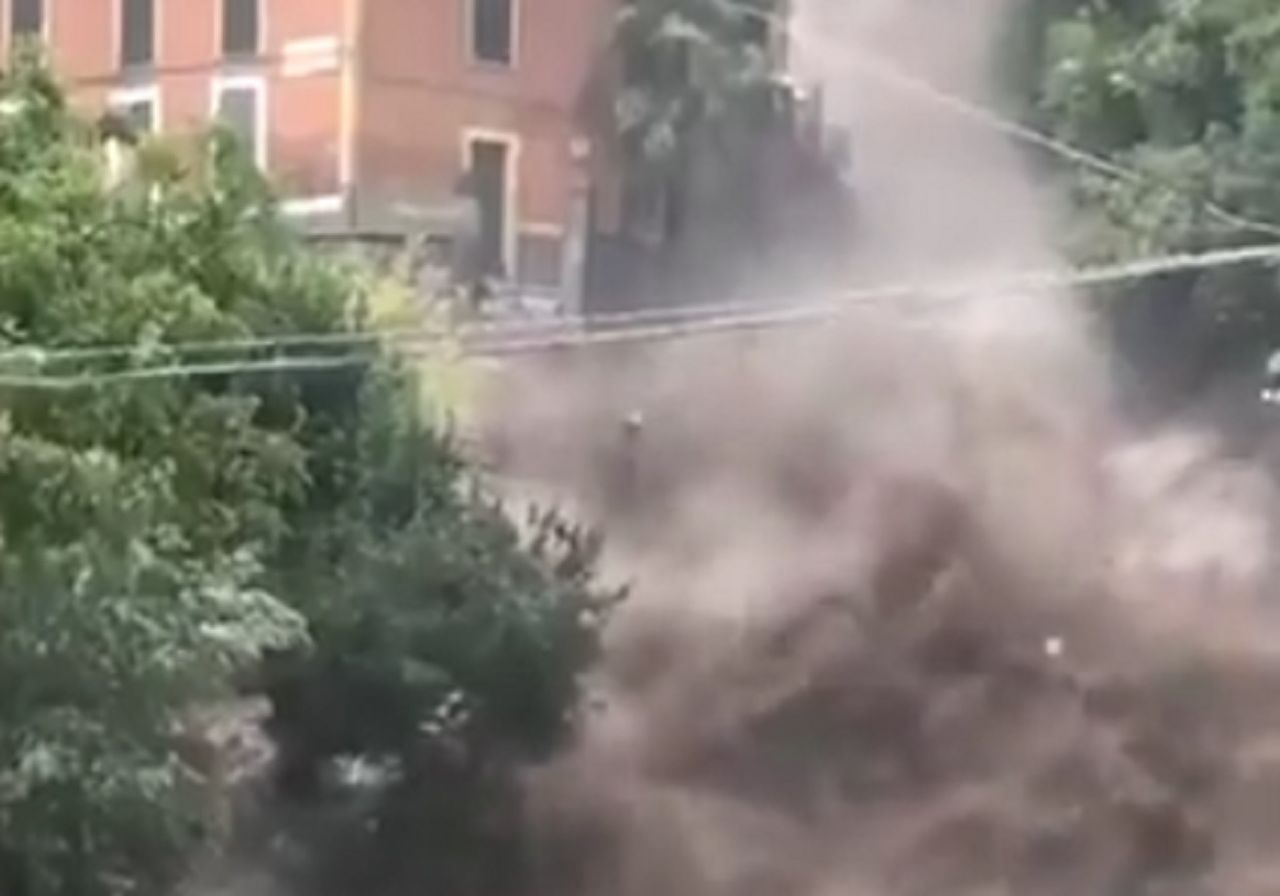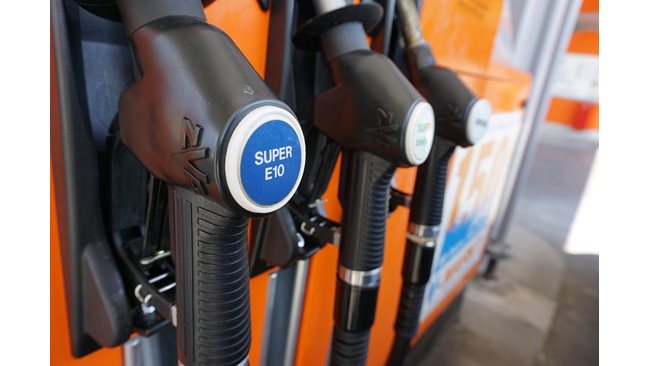The former Minister of Finance, César Barreto, sees it difficult for Paraguay to consume in the next 5 years the total surplus that corresponds to Itaipu Binacional’s energy production.
He asserted that these resources could be used in investments aimed at the development of the country’s infrastructure, or create an investment fund where the amounts that will be received from Brazil as payment for the use of the surplus corresponding to Paraguay would be saved.
“There are experiences of sovereign investment funds; the closest we have is Chile, which after the 1990s, as copper was its main import product and began to have a significant increase in the price in international markets, created a special savings fund ”, commented the economist.
In this sense, he suggested: “A legal path must be created where resources are accumulated and investments made with them or used in bad years. International organizations had even suggested the creation of a sovereign stabilization fund. I remember that the former minister (Dionisio) Borda at the time (in the Ministry of Finance) also raised a similar figure. To the extent that we can capture those resources from Itaipu ”.
The economist added that if prices are maintained for Paraguay’s surplus, which would be a temporary resource, it is necessary to see how it is applied. “It could be in those investments that we know the country requires. We know that basic resources are still of low quality in our country. You could invest in the missing infrastructure, in education. Another is that part of these resources is applied to current needs and another is saved in a fund for the future. We have to agree on a system that manages these resources and that is favorable for everyone, “he said.
Also read: SMEs will use energy self-diagnosis tool
In the event that the cost of energy from Itaipu Binacional falls, he indicated that the possibility of action that would be generated would have to be considered.
“At this moment, who would receive this lower cost would be the Ande, which buys the energy and distributes it to the consumers, which is the population. It is necessary to see what the Ande does, one way would be to reduce the rate to the final consumer at certain levels. It would be like expanding the social tariff of the Andes that already exists. Another way could be to create incentive mechanisms for industries and seek to attract investment and create jobs, “he explained.
Acoto: “In the short term, from here in the next few years, not even in the best of the results that we have in attracting investments and new companies that use the surplus energy, we will not be able to use everything. The surplus will continue for a long time ”, assured Barreto.
He argued that at present Ande has problems with its own capacity in its distribution networks. “Today it is not even providing consumers with a service of the quality that is required, especially when it is hoped that companies that consume energy massively will arrive. There are things that Ande should improve, so far what we have is not enough ”.
Finally, he argued that sectors such as public works have demonstrated the ability to invest more resources. “Last year, more than US $ 1,000 million were invested in works, the Ande has the same execution capacity, where I have doubts is in Water and Sanitation, where a lot of investment is also required. In Education and Health, for example, execution capacity is very low. There it is necessary to focus first on solving the management capacity of these institutions ”.
It may interest you: Vatican: historic trial for corruption of a cardinal begins
– .
:quality(90)/cloudfront-us-east-1.images.arcpublishing.com/lanacionpy/36FWAPNRDVESHEF7KKXRSYU26E.jpg)

